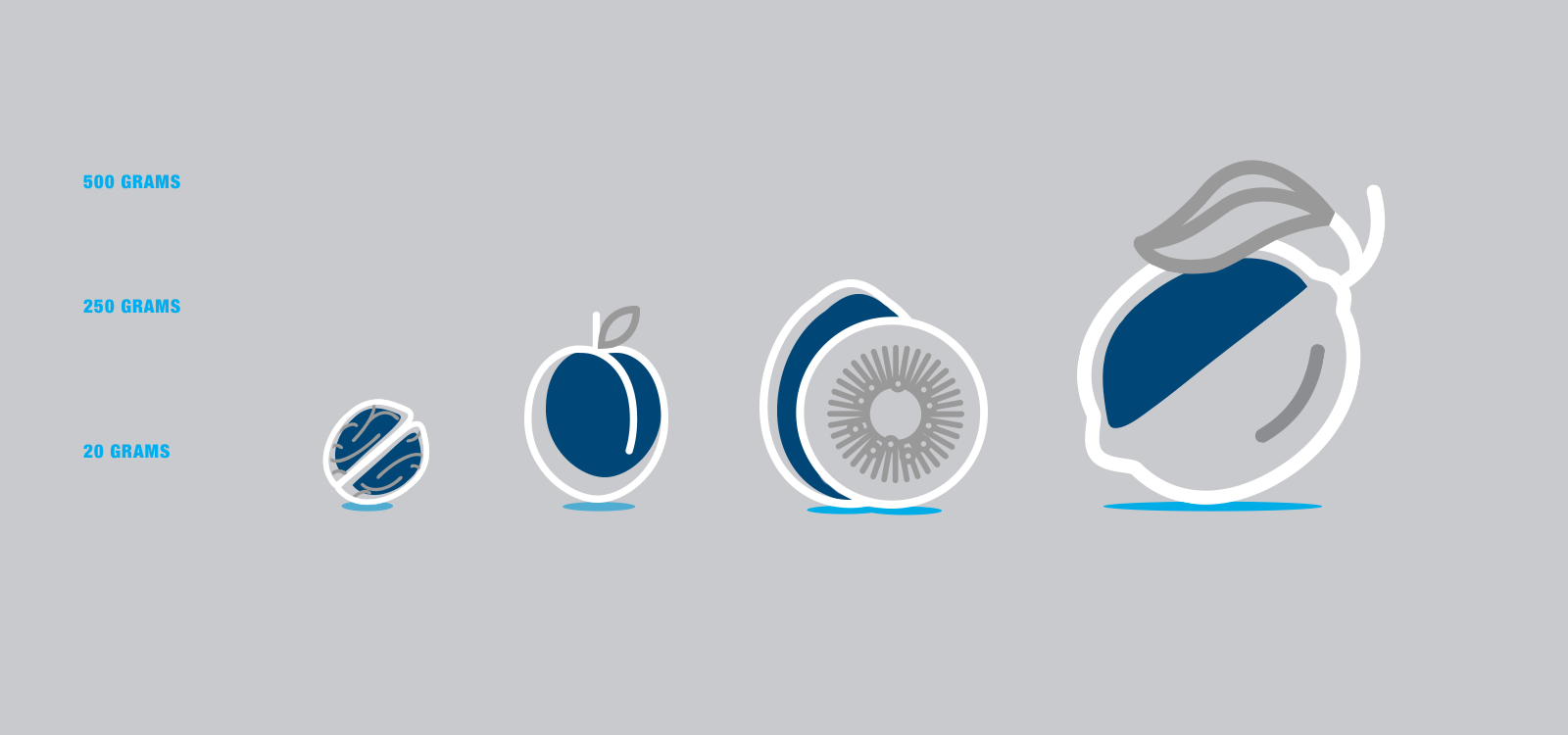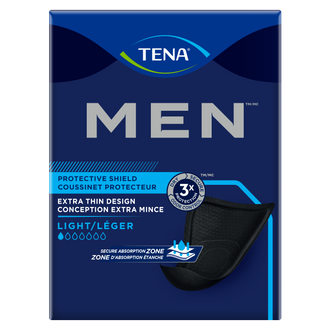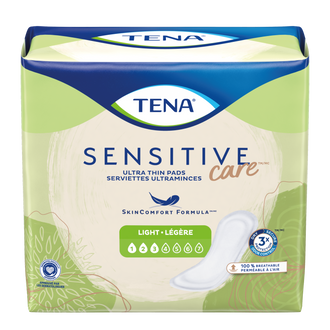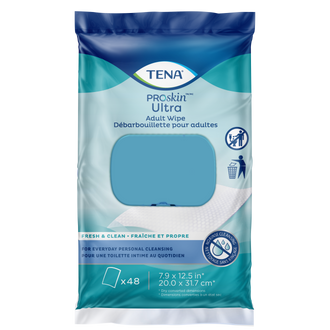Jul 31, 2024
To understand male incontinence, you need to know what causes it. From health conditions like prostate issues to everyday lifestyle choices, there’s a lot that can affect bladder control.
We’ll break down the main causes of male incontinence and share practical strategies for managing it effectively in this article.
Whether it’s adjusting your diet, doing exercises, or exploring medical options, you’ll find useful tips to help you regain control and boost your confidence.
Causes of Incontinence in Men
Incontinence in men can be caused by daily habits, physical problems or even underlying medical conditions.1 Let's break down some of the common and less common causes:
Prostate Issues:
- Prostate Cancer: Untreated prostate cancer or treatments for prostate cancer can affect the nerves and muscles that control your bladder, leading to urinary incontinence.1
- Enlarged Prostate: If you’re older, an enlarged prostate can cause urinary incontinence. 1
Age-Related Changes:
- As you get older, the bladder muscle might weaken, and your bladder may not hold as much urine, leading to more frequent trips to the bathroom or unexpected leaks. 1
Lifestyle Factors:
- Diet: Things like caffeine, alcohol, and spicy foods can irritate your bladder, making you pee more often.1
- Physical Activity: Being physically active can sometimes lead to more urine leakage, but a lack of this activity can lead to weight gain which could put pressure on your bladder, leading to peeing more often.2
Understanding the causes of urinary incontinence can help you better manage it. If you’re dealing with any of these issues, it’s always a good idea to talk to a healthcare provider to find out what’s going on and how to treat it.
Different Types of Incontinence
Getting to grips with the types of urinary incontinence in men can make a significant difference in managing it effectively. Here’s a quick rundown of what you might be dealing with:
- Stress Incontinence: This happens when you leak a bit of urine during sudden movements or activities like sneezing or lifting something heavy. It’s usually because the muscles that support the bladder are a bit weak. 1
- Urge Incontinence: This type gives you a sudden, intense urge to go, and sometimes you might leak before you make it to the bathroom. It’s often due to an overactive bladder or related issues like infections or nerve problems. 1
- Overflow Incontinence: If your bladder doesn’t empty completely, you might experience frequent dribbling or leaks.1 Functional Incontinence: This isn’t about the bladder itself but rather trouble getting to the bathroom on time because of mobility or cognitive issues.1
Understanding these types can really help you figure out the best ways to manage incontinence and find what works best for you. For light leaks, dribbles or just an added layer of protection, TENA Light Shields offer form-fitting protection combined with comfort.
Medical Conditions Leading to Incontinence
Did you know that there are a variety of medical conditions that could lead to incontinence in men? Better you know than you don’t! Let's explore:
Prostate Cancer: Untreated prostate cancer and its treatments, can both significantly affect your urinary control.1
Neurological Disorders: Conditions like Parkinson's disease, multiple sclerosis, or a spinal injury can interfere with the nerve signals between the brain and the bladder.1
Urinary Tract Infections (UTIs): UTIs can irritate the bladder, causing a strong and sudden urge to urinate and this urgency can result in incontinence.1 If you are worried that your urinary incontinence could be caused by one (or more) of the conditions mentioned above, you should consult a healthcare provider for expert advice and treatment.
Treatment and Management of Incontinence
Managing incontinence doesn’t have to be overwhelming! There are plenty of options and strategies that can help you regain control and confidence. Let’s dive into some of the most effective methods:
Incontinence Products
First up, let’s talk about some handy products that can make a big difference:
- Absorbent Shields and Guards: These fit snugly inside your underwear and are great for absorbing those unexpected leaks.
- Adult Diapers: If you need more coverage and absorbency, these underwear options can be a lifesaver.
If you are struggling with some dribbles and leaks, TENA has a range of incontinence products designed specifically for men to with secure protection and comfort.
Medical Treatments
There are various medical treatments available that a medical professional can suggest or prescribe including medications, surgery, or medical devices.2
Lifestyle Changes and At-Home Remedies
Simple tweaks in your daily routine can also work wonders:
- Pelvic Floor Exercises (Kegels): These exercises strengthen the muscles that help you control your urine. 2 It’s all about tightening and relaxing those muscles—think of it as a workout for your bladder!
- Dietary Adjustments: Steering clear of bladder irritants like caffeine and alcohol can help.2 Eating plenty of fiber can also prevent constipation, which can make incontinence worse.2
- Fluid Management: Drink fluids throughout the day, but cut back a few hours before bedtime to reduce nighttime bathroom trips. Keeping track of your overall fluid intake can help avoid overloading your bladder as well.2
- Bladder Training: This involves gradually increasing the time between bathroom visits to help your bladder hold more urine over time.2
Of course, it’s always a good idea to talk to a healthcare provider.2 They can help pinpoint the cause of your incontinence and suggest the best treatments and management strategies tailored to your situation.
By combining these approaches and getting professional advice, you can effectively manage incontinence and improve your quality of life. Remember, while dealing with incontinence can be challenging, the right strategies and support can make it manageable. You’ve got this!
Find your perfect fit with TENA products for men, available in various absorbency levels to cater for your specific needs.
References
1. Mayo Clinic. ‘Urinary incontinence’. 2023. Accessed 19 July 2024. Available from: https://www.mayoclinic.org/diseases-conditions/urinary-incontinence/symptoms-causes/syc-20352808
2. Healthline. ‘Male incontinence: what you should know’. 2018. Accessed 19 July 2024. Available from: https://www.healthline.com/health/overactive-bladder/male-incontinence#symptoms
3. Norman Urology. ‘Stress and Incontinence’. 2025. Accessed 11 November 2025. Available from: https://www.normanurology.com/blog/stress-and-incontinence
4. Cleveland Clinic. ‘Urinary Incontinence’. 2020. Accessed 19 July 2024. Available from: https://my.clevelandclinic.org/health/diseases/17596-urinary-incontinence







